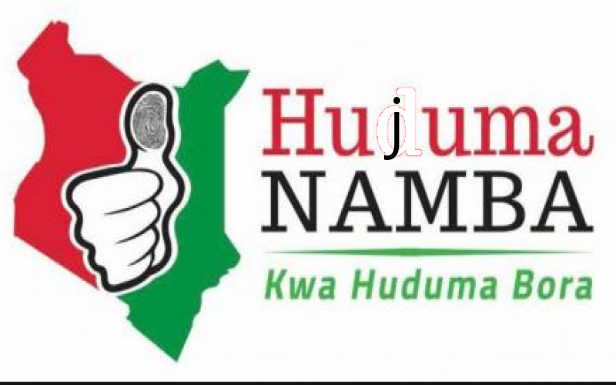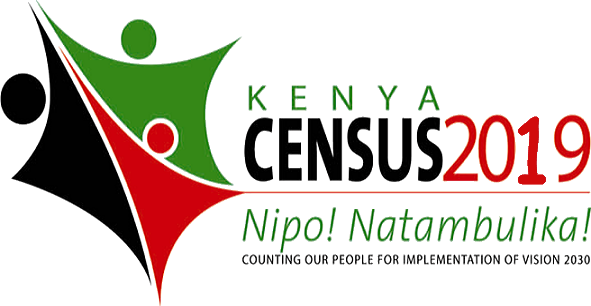When M-PESA was
launched in March 2007, we did not know what impact it would have on our lives
and the World in general. I was just out of high school, waiting to join
college, and this was a good time to experiment with anything new and
promising. I heard about M-PESA, but I did not care an inch because I did not
need it. I neither had a phone, nor an ID card or a passport that was needed to
register, nor money to send. I lived with my parents and therefore I had no
money to receive or send. Nevertheless, I had a SIM card which I could use
whenever I borrowed someone’s phone and texted a few friends.
Two months later, I
was sent to go to a post office ten kilometers away, where I was to send money
to my sister in college. Sending money involved using the post office which had
a one day delivery period with their electronic money transfer. The costs were
extremely high, and the process of collecting the money would be hindered by
working hours, lack of funds, or absent staff. You needed to collect the money
from the exact post office that it was sent to. The services was terrible, but
it was the best that was available then.
That was the day when I walked into an M-PESA kiosk and out of curiosity, asked to be registered for the service. I spent the next few days dreaming about just what M-PESA could turn to. Here was an opportunity to send money to a person wherever they were, and have them withdraw it whenever they want. We embraced the invention, and M-PESA was only used to send money. When one went to an agent asking to send KES 1000, they would ask you to give them KES 1034 (or about), which included the sending cost, the cost of withdrawing, and the amount to be sent. This is how we needed M-PESA to work, and that was exactly how we needed it.
12 years later, mobile
money moves half of Kenya’s GDP, with the Safaricom’s M-PESA accounting for the
bulk of those transactions. M-PESA has grown from a money transfer platform, to
a pseudo-banking services which supports ecommerce, lending, bulk transactions
and savings. Kenya has received accolades from across the globe for this
invention, which has spread to the rest of the world with mixed results. The
M-PESA narrative helped to build the notion that Kenya is the a major tech hub
in the world, and many have undertaken to study why mobile money was very
successful in Kenya. However, the other dark side of mobile money lies on what
Kenya missed
Teething Challenges
As soon a fraudsters learnt how mobile money worked, they went into full gear to exploit the loopholes. Telcos failed to educate people on how to keep off these fraudsters, most of who could be traced to the local prisons. Some of the fraudulent methods used to con people included:
SMS Fraud
Receiving an SMS indicating that you have received money from somebody, then they call you to ask to send the money back. Some people did not know that all legit M-PESA messages out to come from the SMS sender ID M-PESA, and so the Kenyans of goodwill would send the money back, if they had an equivalent or higher amount in their M-PESA accounts.
SIM Swap Fraud
Since M-PESA came before there was a requirement for SIM card registration, some people realized that once you were able to steal someone’s M-PESA PIN, you could replace their SIM card, then withdraw all the money that is in their M-PESA account. This still happens today through SIM registration agents who conspire to replace SIM cards.
Tuma kwa hii number (Send to this number)
With so many people using M-PESA every day, chances are high that out of a random sample of 100 people there could be one about to send money to someone. A fraudster would broadcast messages to hundreds of people, asking them to ‘Send to this number.’ This would be in the hope that one person who had been asked to send money to a contact would interpret it to mean that the specific contact wants them to send to a different M-PESA account, and thus send without asking questions. As simple as it sounds, some people have fallen victims to such pranks.
ATM withdrawal
M-PESA
introduced a cardless ATM service, whereby one can go to an ATM, choose to
withdraw money from M-PESA via the ATM, and all that one needed to do is go
through a process on their phone, and they would be sent a one-time code which
they could feed in the ATM and receive money. Since some people do not know
about the existence of the service, fraudsters realized that they could trick
people to go through the process and send them the authorization code. Minutes
later, one would receive an SMS indicating that they have withdrawn money from
an ATM hundreds of miles away.
Use of Numbers as
identifiers
M-PESA relied on phone
numbers as identifiers when sending money. This did not allow people to scroll
through their phone books to select a phone number, but one had to write the
number manually. This led to many cases where money was sent to wrong recipient
due to mistyping or fat fingering. Recently, M-PESA introduced a number
confirmation where one could confirm the name of recipient before the
transaction was completed. Had this come earlier, there would have been less
losses experienced through sending to wrong numbers.
Lack of laws governing
mobile money fraud
For a long time, Kenya
lacked laws that would government mobile money fraud. This was because the area
was majorly unregulated and the Central Bank had taken a hands off approach, a
factor that had helped growth of the mobile money industry. This meant that if
you erroneously sent money to a wrong number and the person used the money,
there would be no law to convict the person. This has only changed recently.
Difficulty
reversing M-PESA transactions
For a long time,
reversing an M-PESA transaction involved contacting the person who you had sent
the money, and asking them to send it back to you. This would make the
recipient withdraw the money as soon as possible, and so the preferred option
was to call Safaricom customer care and asking them to reverse the transaction.
This was one of the worst customer care initiative, as it would take long to
reach the ever busy customer care.
In the case that
wrongful recipient had already withdrew the money, Safaricom would only ask one
to report the matter to the police. Of course, most people would not bother to
report to the police, as one would end up losing more money while following up
the lost money. This is still a problem to date. Safaricom has introduced an
easy method of reversing a wrong transaction, but this works if the wrong
recipient has not withdrawn the money.
Limited
Documentation of User Experience
I met a Chinese
professor who was trying to understand the growth of M-PESA in Kenya, and one
of the things that he complained about was lack of written sources detailing
customer experiences, agents challenges and the problems that were experienced
in the rollout. As a global leader in mobile money, he had hoped that he would
learn a lot in Kenya. However, it seemed that Kenya did not realize that it was
making history by pioneering mobile money, and thus failed to keep good records
for others to follow and learn.
This led to the same
problems experienced here being replicated elsewhere, as the professor said.
Perhaps, we need more scholars and researchers putting the Kenyan story
together for the rest of the world to learn.





